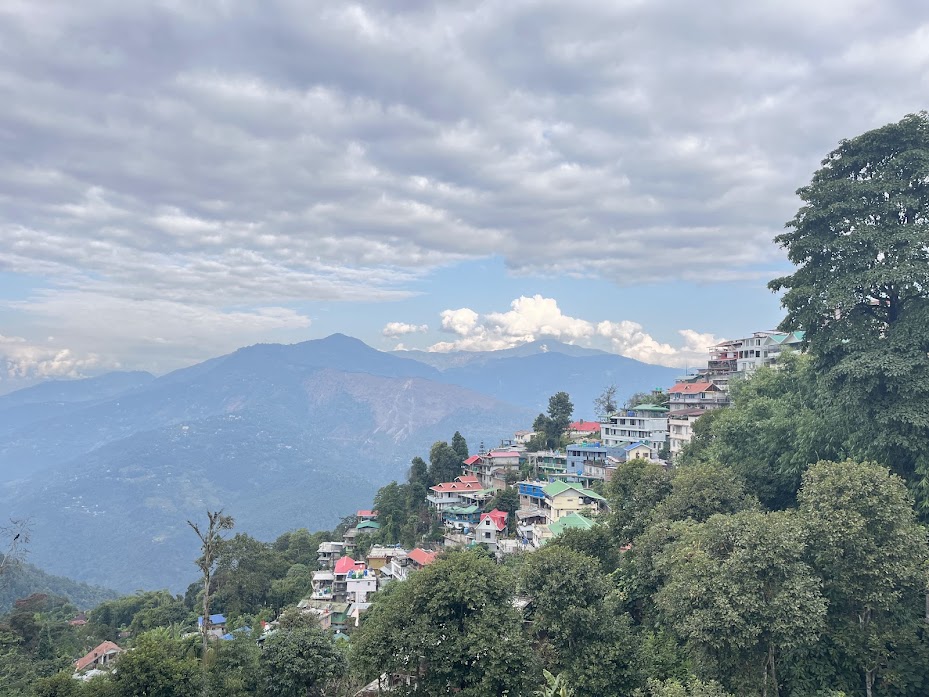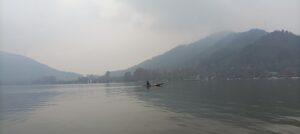A Destination Management Company (DMC) and a travel agency both serve the travel and tourism industry, but they have distinct roles and functions. Here’s a breakdown of the key differences between the two:
1. Scope of Services
- DMC (Destination Management Company): A DMC specializes in organizing and managing all the logistical aspects of travel for groups or individual travelers at a specific destination. Their services are more tailored to the local level, and they have deep knowledge of the destination. DMCs are typically involved in:
- Ground transportation (e.g., airport transfers, charter buses)
- Accommodation arrangements (working with local hotels)
- Guided tours and excursions (local attractions, cultural experiences)
- Event planning (corporate events, conferences, incentives)
- Restaurant bookings and catering services
- Customized itineraries for specific groups or special interests
- Travel Agency: A travel agency provides a broader range of services that typically extend across multiple destinations or countries. Travel agencies may offer:
- Flight bookings and ticketing
- Hotel reservations (often worldwide)
- Travel packages (including accommodation, tours, etc.)
- Visa assistance and travel insurance
- Cruises, car rentals, and other travel services
- General trip planning for a variety of destinations, often without the deep local expertise of a DMC at specific locations.
2. Market Focus
- DMC: A DMC’s primary focus is on the destination, and they work closely with local suppliers and partners to create a comprehensive and seamless travel experience. DMCs often work with tour operators, corporate clients, or travel agencies that are sending travelers to a particular destination. Their business is largely B2B (business-to-business), though some DMCs also work directly with consumers, especially for luxury or customized travel.
- Travel Agency: Travel agencies are generally more focused on selling travel products to end consumers, whether individuals or groups. They typically operate B2C (business-to-consumer) and can sell travel packages, flights, accommodations, and other services across multiple destinations. Travel agencies usually do not have the same level of on-the-ground expertise in a specific location that a DMC offers.
3. Geographical Focus
- DMC: DMCs operate in a specific geographical region or destination (e.g., a city, region, or country) and possess in-depth local knowledge. They are experts in the logistics, culture, and resources of their destination and often provide personalized services tailored to the needs of the travelers.
- Travel Agency: Travel agencies usually operate in multiple regions or countries and provide services for travelers heading to a variety of destinations worldwide. They do not specialize in a particular location but offer general advice and bookings for many locations.
4. Expertise and Local Knowledge
- DMC: DMCs are local experts. They often have exclusive relationships with local hotels, restaurants, tour operators, and other service providers. Their deep knowledge of local culture, customs, and logistics allows them to craft highly specialized experiences.
- Travel Agency: While travel agencies may have some local knowledge, they are typically not as specialized as DMCs in a specific destination. Their strength lies in providing a wide variety of travel options and destinations but often lack the local insider expertise that a DMC brings.
5. Client Relationships
- DMC: DMCs tend to build relationships with tour operators, corporate clients, and travel agencies who then resell the services to travelers. They focus on organizing experiences and logistics at the destination level rather than dealing directly with consumers. Their clients may include group tours, incentive travel companies, or event planners.
- Travel Agency: Travel agencies are typically in direct contact with end consumers, helping them plan and book their entire trip. Agencies usually act as intermediaries between the traveler and various service providers, helping customers find the best deals and options for flights, hotels, and tours.
6. Customization
- DMC: DMCs excel at creating customized travel experiences. Whether it’s organizing a special event, a corporate retreat, or a bespoke tour, DMCs can personalize itineraries to suit the specific interests and needs of the clients.
- Travel Agency: While some travel agencies offer customized services, they often provide more standardized packages and booking services. Their offerings tend to be more generic, with some options for customization, but less flexibility compared to a DMC’s focus on a specific location.
Summary of Key Differences:
| Aspect | DMC (Destination Management Company) | Travel Agency |
|---|---|---|
| Focus | Local destination expertise, ground services | Broad travel services for a wide range of destinations |
| Scope of Services | Ground transportation, accommodations, events, tours | Flight bookings, hotel reservations, general trip planning |
| Market | Primarily B2B (works with tour operators, travel agents) | Primarily B2C (direct to consumers) |
| Geographical Expertise | Specializes in one destination or region | Offers services to multiple destinations |
| Customization | Highly customized, tailored experiences | More standardized packages with some customization |
| Client Interaction | Often works with intermediaries (travel agents, tour operators) | Directly interacts with travelers |
In essence, DMCs are experts in organizing on-the-ground experiences at specific destinations, while travel agencies handle a broader spectrum of travel services for a variety of destinations.




